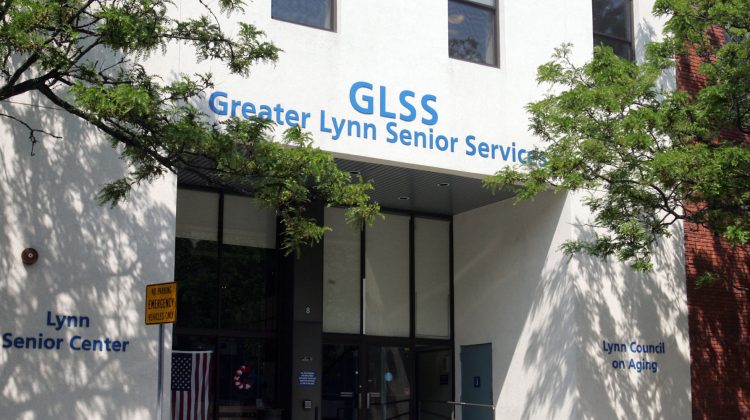LYNN — Greater Lynn Senior Services’ (GLSS’) collaborative initiative Phoenix Food Hub (PFH) has been awarded $22,614 in grant funding for food security initiatives.
The grants are made possible through the Food Security Infrastructure Grant (FSIG) program administered by the Massachusetts Department of Agricultural Resources (MDAR). The program is designed to support food security initiatives that provide more equitable access to locally grown, raised, harvested, and caught foods by strengthening the local food supply chain.
The FSIG program provides grants for capital infrastructure projects that increase access to locally produced food for families and individuals throughout the state who may be facing food insecurity, live in gateway cities or food deserts, or otherwise face unequal access to food.
PFH will be using the funding to broaden its pilot program for hydroponics, which is the method of growing plants without soil.
The pilot program was focused on local families taking a hydroponics unit home and learning how to grow basic green banks for foods, such as lettuce and kale, to lessen their grocery bill and to have more food available.
Valerie Parker-Callahan, senior director of population health at GLSS, described the hydroponics process as something that is cost effective and not too labor- or educationally-intensive, while promoting community interest.
“It’s relatively simple to learn how to do this, and you get rewarded pretty quickly,” Parker-Callahan said.
With the grant, PFH is looking at expanding its hydroponics initiative to the community by potentially recruiting partner agencies to set up large units within their organizations. It is also considering hosting food harvesting festivals and integrating hydroponics lessons into its cooking classes.
“The reality is: There just is not enough food. What this grant will allow us to do, in a small but pioneering way, is to think about how Lynn can begin to generate more of its own food. We thought that this would be a good way to introduce the notion of one more way in which Lynn could become more self-sufficient in terms of feeding folks who really are facing food security challenges,” Parker-Callahan said.
Parker-Callahan also gave her thoughts on the urgency of the funding in light of policy choices that are being made at the federal level.
“I do not in any way feel that this is going to fill a gap. But I think these are the kinds of programs that we have to think about doing more of because we’re not going to be able to import the food into places like Lynn as we had in the past. I can’t recall a period that was as devastatingly frightening as this one is in terms of (food) resources diminishing at the same time that the need is increasing,” she said.





